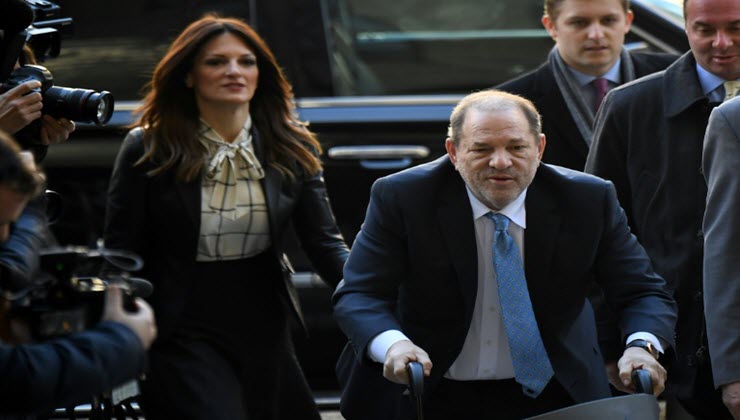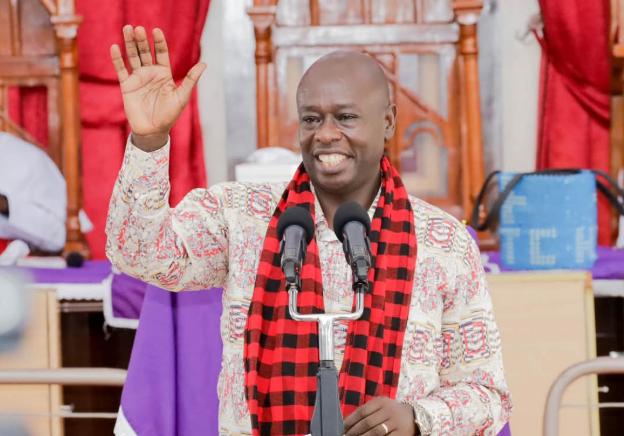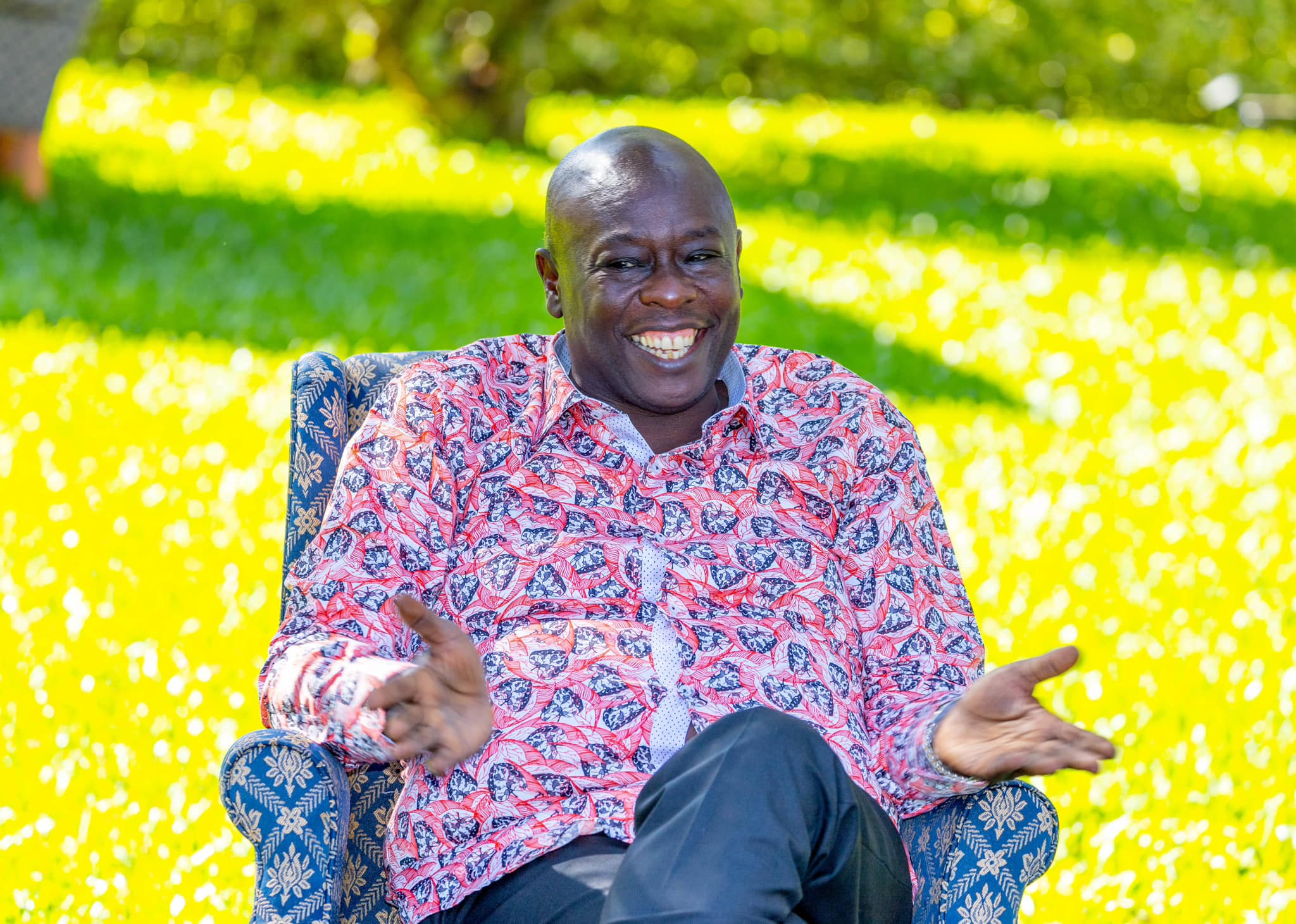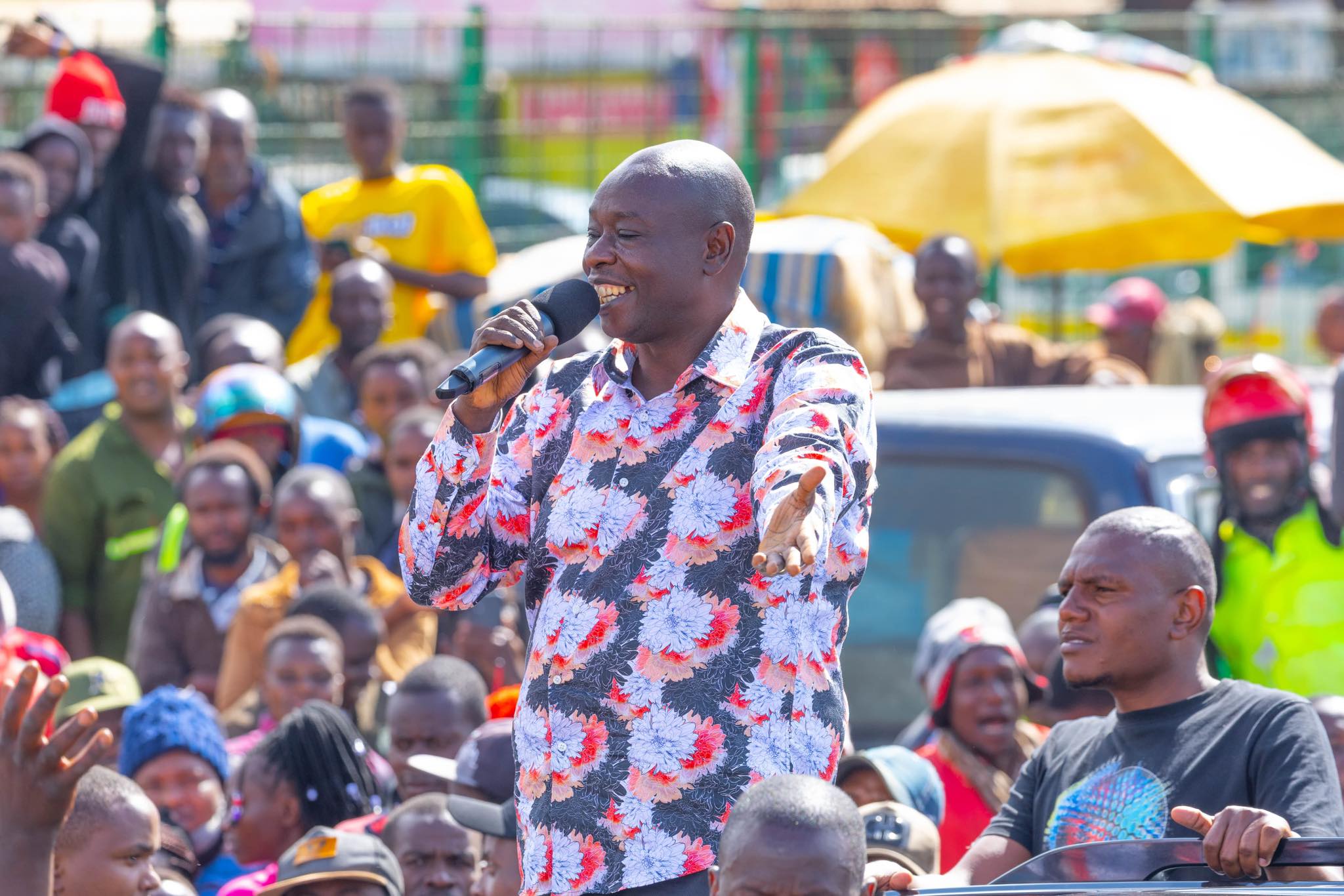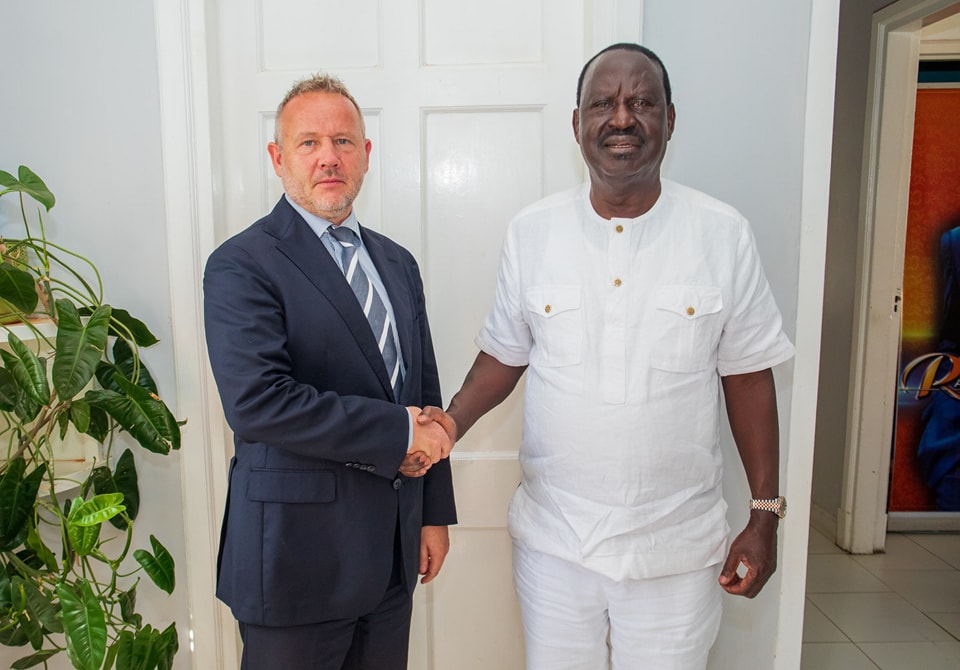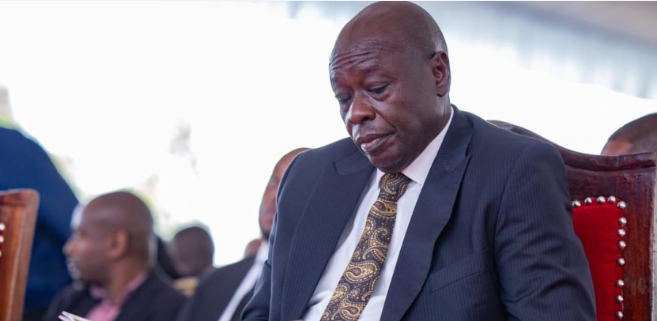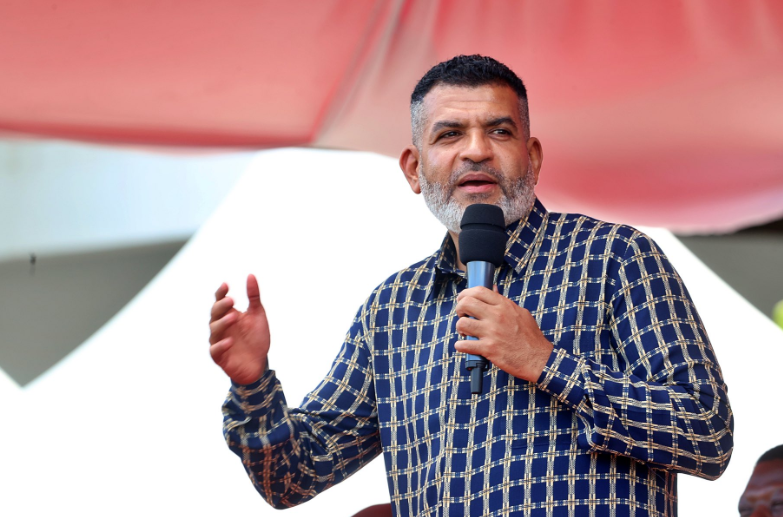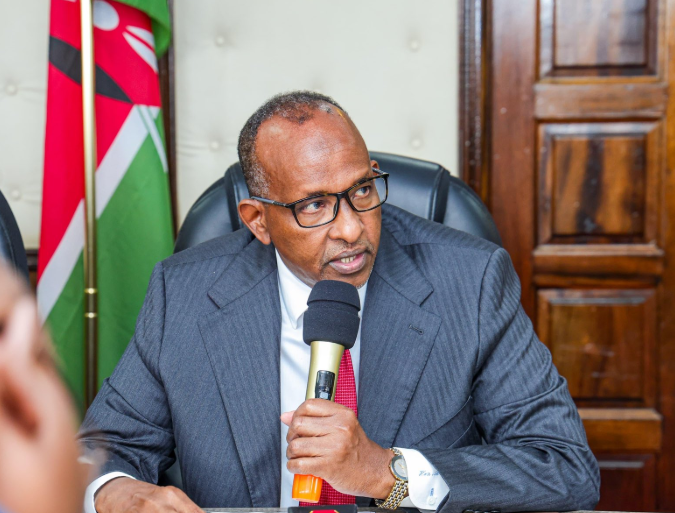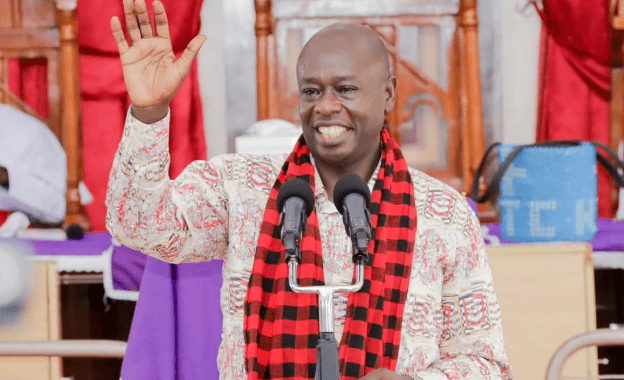Journalist recounts how she was raped by her interviewee
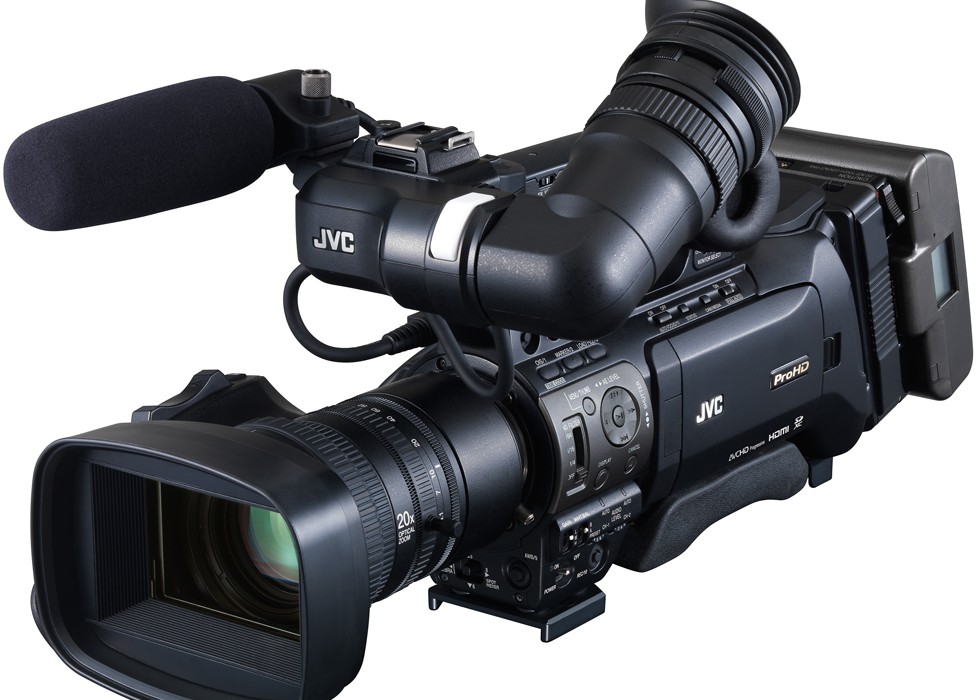
I was 22 years old and working as a sports reporter when I was raped by a major-league baseball player.
I didn’t tell my best friend, my sister, my mother or my sports editor, who was a woman. For 18 years, I didn’t tell anyone.
I didn’t say it out loud to myself, write it down, speak his name or allow myself to think about it beyond wishing hard that it would not have happened. I spent years willing it to unhappen. Magical thinking became my truth.
That all changed in January, when I heard that the New York Mets’ general manager, Jared Porter, was fired for sending sexually explicit texts and photographs to a female reporter in 2016.

I hadn’t been a sports reporter in 11 years, but as I read accounts of other women’s experiences with sexual harassment, the full force of my own assault hit me. And with it came the relief that I actually hadn’t invited it, hadn’t done anything wrong at all, something I had never once considered.
I had experienced the worst kind of assault, yet a quieter, still uncomfortable strain of harassment persists for women journalists working in sports locker rooms and women who work in other rooms dominated by men.
I choose not to name him because it would only open me up to the possibility of having dirt thrown on my reputation; even all these years later and in the wake of the #MeToo movement, a former professional athlete wields considerable power. I hope I can help bring about systemic change rather than seek unlikely-to-come justice for one horrible act.
I hope that by sharing my experiences, more women will feel comfortable speaking up when something is inappropriate. And I also hope more people working in these spaces will bring change, whether in big ways, as an executive empowered to hire more inclusively, or in small ways, speaking up when someone jokes that a woman slept her way to a job or a story.
So here’s my story, the one I kept silent for so many years:
I was one year out of Notre Dame, working for The Fort Worth Star-Telegram, mostly covering high school sports but always looking for opportunities to do more.
I spent the 2002 baseball season working on a significant story about foreign-born players and how they navigate life in the United States. It was nearly two decades ago, but I remember how much work went into it, the prominent play it received and how proud of it I was. Looking back, I now wonder how I managed to finish it.
I sat down in a hotel room with my interview subject. We spoke for a few minutes as I asked some questions and he answered. Then he moved suddenly to kiss me. I said, no, no, I don’t want that, but he pushed me over to the bed. I tried to shove him. I said no, stop, no, stop, over and over. He pushed further, getting on top of me, pulling off my skirt and having sex with me against my will.
While it was happening, I couldn’t process that it was happening to me. I said no, again and again. Too terrified to move, I froze. Afterward, I remember getting in my car, shaking, to drive home and looking at my blue-and-white skirt from Express and thinking, “Why did I have to be wearing a skirt?” Because it was Texas in summer.
I remember, once I got back to my apartment, drinking a bottle of red wine in a desperate attempt to numb my sadness and rage. Instead, I threw up all over the carpet.
I knew that if I told anyone what happened that it would ruin my career. I was 22 with no track record, and at that time — nearly two decades ago — most people in baseball would have rallied to protect the athlete. So I blamed myself. I must have been too nice, too trusting, too friendly and open. Even though I said no, it must have been a misunderstanding. I lived in fear the story would get out.
Soon after the assault, I was back at the ballpark in Arlington, in the visiting team’s clubhouse. An All-Star player stared at me, saying my name and the name of his teammate, the man who had raped me. Suddenly I realized he must have told people, making himself out to be a stud and me some girl who was there to pick up ballplayers instead of do my job. I felt humiliated and ashamed. The player who had raped me never said another word to me.
In the years following, I sometimes had to travel to the city he played in for games. At one point, a sports editor in his city reached out to see if I’d be interested in a job covering that team. That was an offer I couldn’t even consider.
I didn’t know how many other players knew about what happened, but for more than six years after that, as I covered major-league baseball — first the Texas Rangers for The Fort Worth Star-Telegram and later the New York Yankees for Newsday — I encountered the All-Star teammate, the one who had leered at me, in different clubhouses. That teammate continued to stare at me and make me uncomfortable for as long as I remained working in baseball. I avoided applying for jobs in the cities of teams that he played for.
The rape followed me at work, and in the rest of my life I pushed away anything that brought traumatic memories back. I didn’t really date until more than four years later; I didn’t trust that intimacy. I kept people at a distance. It was easy to explain away this choice to others and myself. I traveled half the year and worked nights and weekends. I doubled down on my career. I was promoted to lead Rangers beat writer. When I felt fear, I pushed through it. But there were times I felt unsafe, leaving the ballpark at night through empty stadium concourses and dark parking lots.
The smaller daily assaults came and went.
There was the time another sports reporter told me that he had heard a false rumor that I got my job covering the Rangers because I slept with a team executive. There was the coach who was a regular source for me who nicknamed me “Legs.” Players commented that I must be wearing a thong under my pants since they couldn’t see any panty lines, or maybe I wasn’t wearing underwear at all. I heard people — often male sportswriters — speculate as to whether a female reporter had slept with a certain player simply because she was friendly or had been at a bar frequented by players. There was the team manager (not with the Rangers or Yankees) who had a blowup doll in his office; team members would feign sex acts with it. There was the road series where players watched porn on a large television in the clubhouse, even when it was open to reporters. During that same series, a player asked what sexual positions I liked. That was the only time I ever spoke up, and thank you to the general manager, who acted quickly once he heard about it. But it did occur to me — being able to watch porn in a work setting with no consequences might have led to him thinking he could do that.
There are countless male sports reporters, players, agents, executives and clubhouse workers throughout the world of baseball who I like and respect. I can’t imagine them participating in harassing behavior. Still, the vast majority of them were oblivious to what is still a significant concern for many female reporters. Brittany Ghiroli described something similar that happened to her, in an essay earlier this year in The Athletic. Her story began like mine. A player wanted to talk confidentially, in a private place away from teammates, executives and other reporters. Her story did not end the same way, but I wondered, how many more female sports journalists must face this situation before the push for change is more than an occasional outburst of outrage?
A professional athlete raping a reporter isn’t a sports story. It’s a story about power in our society and how men wield it against women. One in five women is a victim of rape or attempted rape at some point in her life, according to the National Sexual Violence Resource Center. Undoubtedly, there are women in your life who are among them. How many of them don’t come forward?
Why talk about this now? Since mid-January I’ve had nightmares. For weeks, I was crying off and on every day. My chest pounds in fight or flight. I’ve had to stop in the middle of a run because I hyperventilate as memories rush back.
In the last few months I’ve told a few people my story. The first two men I told (both people I am close to) first pledged that they believed me, acknowledged that what happened was horrifying and not my fault and in the next moment asked, “But you really couldn’t get away?” They might as well have cut me with a knife. I tell no one for 18 years out of shame and self-blame, and now you ask me if I couldn’t have gotten away? From a professional athlete who weighed 70 or 80 pounds more than me.
Ultimately, I decided that I needed to say this aloud and put my voice to a movement that needs all the voices it can get. I wish things had changed dramatically in the last decade, but the stories of harassment and mistreatment that have emerged recently suggest otherwise. What I feared losing before — my job in sports journalism — is long gone. But I have found my voice.
Just as important, I have realized that a trauma that had been living inside me for 18 years at times weighed me down and limited my choices in life. I didn’t pursue jobs that were more in the public eye because I feared it might lead to my story coming out. My fingers are trembling as I write this. I love sports, I was good at my job. And the sports industry loses out when talented women question whether it’s worth it to work in an industry that brings with it so much harassment.
I don’t want this assault to be what people think of when they think of me. I don’t want pity. Being a survivor of rape is only a tiny part of my story.
There are hundreds of things more interesting about me, such as my passion for Spain, that I’ve run six marathons and qualified for Boston since having a stroke, that I’ve worked for several of the most recognized and respected companies in the world and that I volunteer with the International Rescue Committee. I’ve traveled to more than 30 countries on my own, moved abroad, learned to scuba dive in St. Lucia, kite surf in Spain and Brazil and have been one of the only women in many spaces. I haven’t lost my optimism.
I will no longer allow my life to be defined by a violent act committed by a man. Talking about it is traumatic, but not talking about it is as traumatic in a different way. So I leave you with my story and the realization that my truth from all those years ago has not actually changed at all but has finally found the sunlight.
